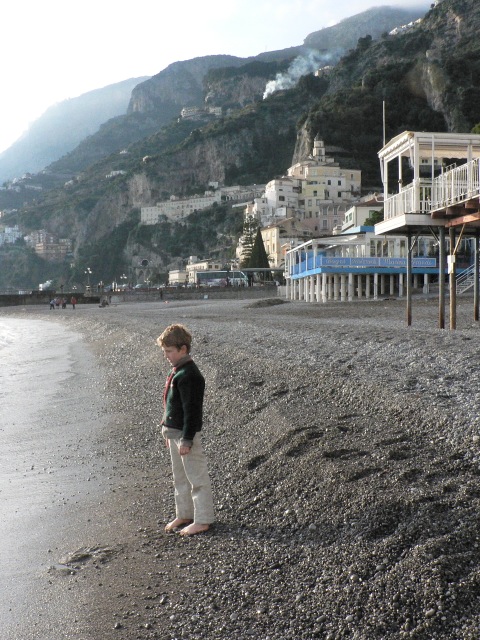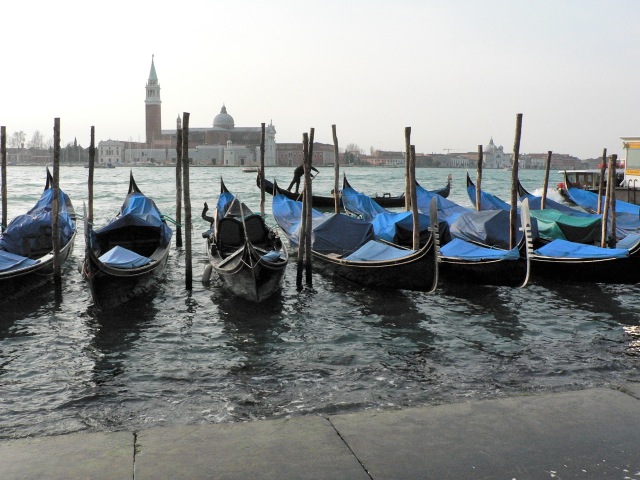Winter in Italy
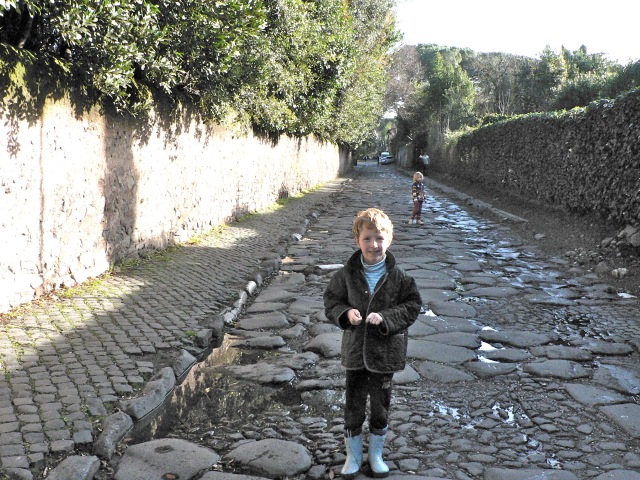
About 80% of the travel planning we undertake is for trips that occur between May and October. When — we think — the best time of the year to visit is winter, when historic cities, finally free of mass tourism, regain their original beauty and fascination.

Restaurants are patronized by mostly Italians : no or close to no tourists. Hotels are often half the price of high season rates.
You do not need timed entry tickets for the Uffizi, or for the major exhibitions. Imagine, as happened when we were in Florence last week, visiting the Accademia Gallery and finding ourselves alone — alone — with the David. (There was a guard there actually too, but he was sitting comfortably doing a crossword puzzle.) Most of Italy’s best cultural events — specifically classical music, for example at La Scala and at Rome’s Teatro del Opera and Florence’s new Teatro del Opera — do not run during the late spring through late summer periods.
Air ticket prices are often half the mid-summer rates.
The only time to visit Venice — really — is November through the week before Carnival.
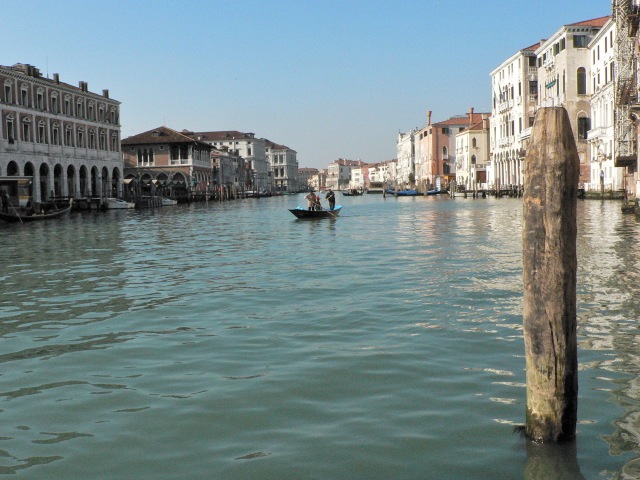
This is a short, golden period for visiting, when the city’s light is magical, you do not need to book in restaurants, and you — like the Venetians — can enjoy the canals and campi free of the millions who descend, unsustainably, on the island city during the rest of the year.
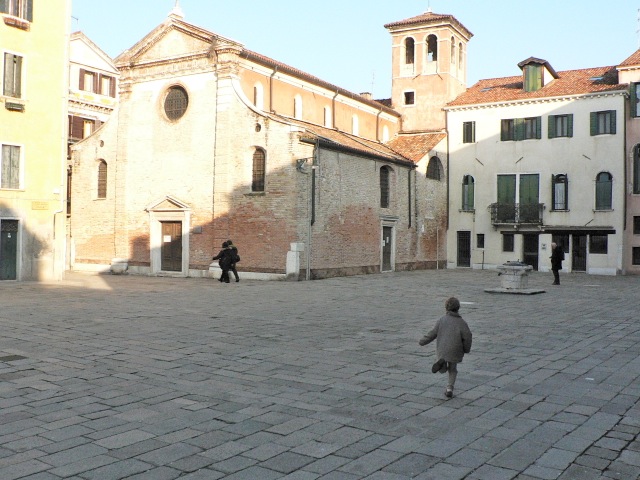
And the food in Italy in winter ? A Washington DC client recently told me wistfully that he was sorry that he had selected December as his travel date only because he would miss wonderful summertime foods. Wonderful summertime foods ? In most of Italy, the best foods appear in autumn through early spring : think of truffles and mushrooms, blood oranges, artichokes and delectable puntarelle, fennel and arugola, radicchio and the exquisite greens that are the staple from central Italian through to Sicilian kitchens.
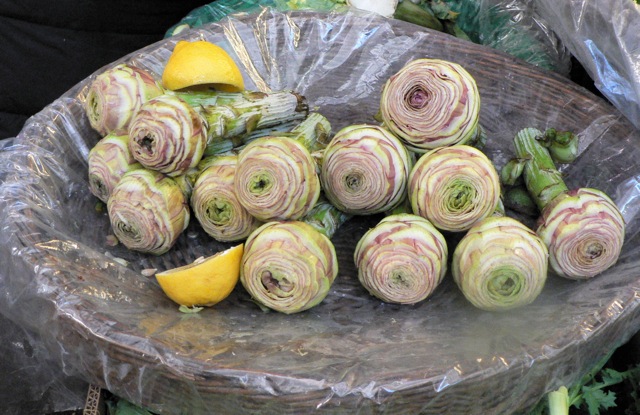
Think of pumpkin filled ravioli. Think of cheeses that are too rich for summertime dining.
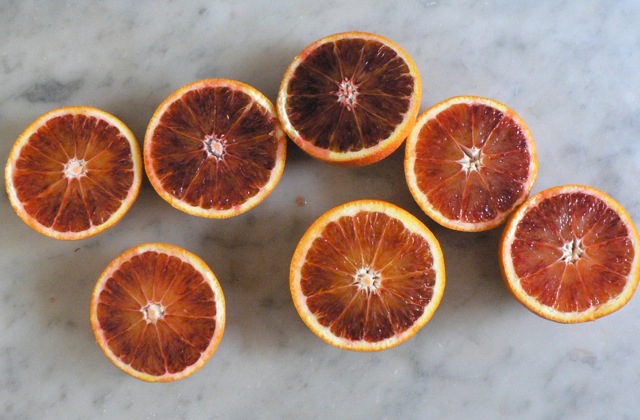
Think of new season olive oils and new season wines (November and December.) We plan olive picking and olive oil making weeks.
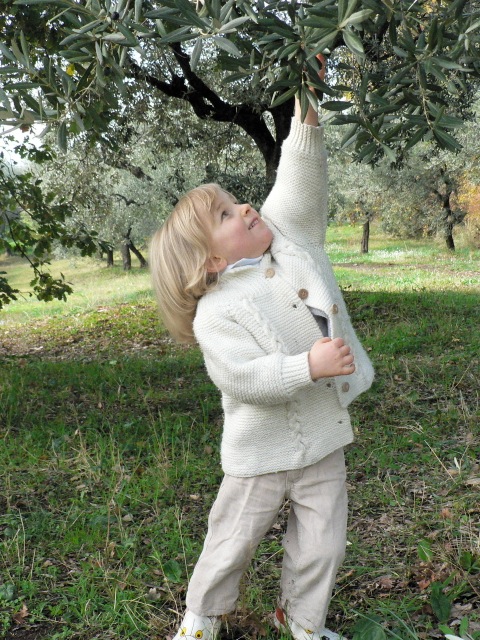
For carnivores, baby lamb is at its best at Christmas, and not at Easter.
Italian ski resorts — most notably in Veneto and Trentino Adige — are top notch and so are winter lodges and hotels. One of our travelers, who returns to Italy every January, notes that even including air fare, a week at a luxury boutique hotel and with superb skiing (on a carousel pass that allows access to a wide variety of landscapes) and pampering is less expensive than a week in a skiing resort of comparable quality in the US.
The food is considerably more interesting, as are, he says, guests, mostly Europeans. The resort where we have booked for him for years has a spa and wellness area which is a delight, with an indoor swimming pool enjoying views out to the the mountains. He and his family have made close Italians friends whom they meet there year after year.
Winter comes late in much of southern Italy and spring begins with the flowering almonds in January. We swim in Amalfi in early November most years. Beaches and water are tourist free, and water is warm.
Below, Nathan wades on his birthday on January 7 in Amalfi.
And the winter sales : artisan goods, clothes, linens, tableware and nearly every beautiful thing you can imagine that Italians make and sell goes on sale, usually substantially on sale. The Saldi in winter — unlike the Saldi in August, which predictably coincide with weeks of heat wave — are lively and not languid events, and it is fun alternating sightseeing, good eating and Saldi Shopping throughout those January – early February days.
We travel almost exclusively in the winter. Won’t you, in 2013, join us ?

Meet Marjorie
Insider’s Italy is an experienced family business that draws on my family’s four generations of life in Italy. I personally plan your travels. It is my great joy to share with you my family’s hundred-year-plus archive of Italian delights, discoveries and special friends.

